Eternal Sunshine of the Spotless Mind:
Memory Erasure, and the Problem of Personal Identity
Giorgina Samira Paiella
University of California, Santa Barbara
Abstract
Michel Gondry and Charlie Kaufman’s 2004 Eternal Sunshine of the Spotless Mind, which celebrated its fifteenth anniversary in 2019, is an extended thought experiment on the nature of memory, minds, and persons. The memory erasure thought experiment presented in the film—and its implications for personal identity—raises poignant questions for the ethicist, epistemologist, neuroscientist, metaphysician, and cognitive scientist. In this paper, I explore the rich insights the film has to offer interdisciplinary studies of memory, providing a case study in how narrative can uniquely contribute to memory research, while also maintaining philosophical rigor and fidelity to scientific discoveries about memory. Turning to the philosophical implications of memory erasure, I consider memory erasure in the context of several leading views of personal identity and proposed answers to the persistence question of personal identity, assessing the challenges and complications that the memory erasure thought experiment brought to life by Eternal Sunshine poses to these theories. I argue that the psychological continuity view of personal identity—in its various iterations—does not allow an individual to truly survive the memory erasure procedure. The memory erasure thought experiment presented in Eternal Sunshine—and its metaphysical and epistemological consequences—reveal how we establish the relationship between memories and selfhood, how to define personhood in the presence of both hypothetical and real-world memory loss, and what experiences we value in human life.
Published: 2020 – 03 -31

Issue: Vol 3 (2020): The Blue Pill Dilemma: Is Knowledge a Blessing or a Curse?
Section: Yearly Theme
Copyright (c) 2020 Giorgina Samira Paiella

This work is licensed under a Creative Commons Attribution-NonCommercial 4.0 International License.
Copyright for articles published in this journal is retained by the authors, with first publication rights granted to the journal. By submitting to this journal, you acknowledge that the work you submit has not been published before.
Articles and any other work submitted to this journal are published under an Attribution / Non-Commercial Creative Commons license; that is, by virtue of their appearance in this open access journal, articles are free to use – with proper attribution – in educational and other non-commercial settings.
There are no fees for authors publishing in the Journal.

You must be logged in to post a comment.